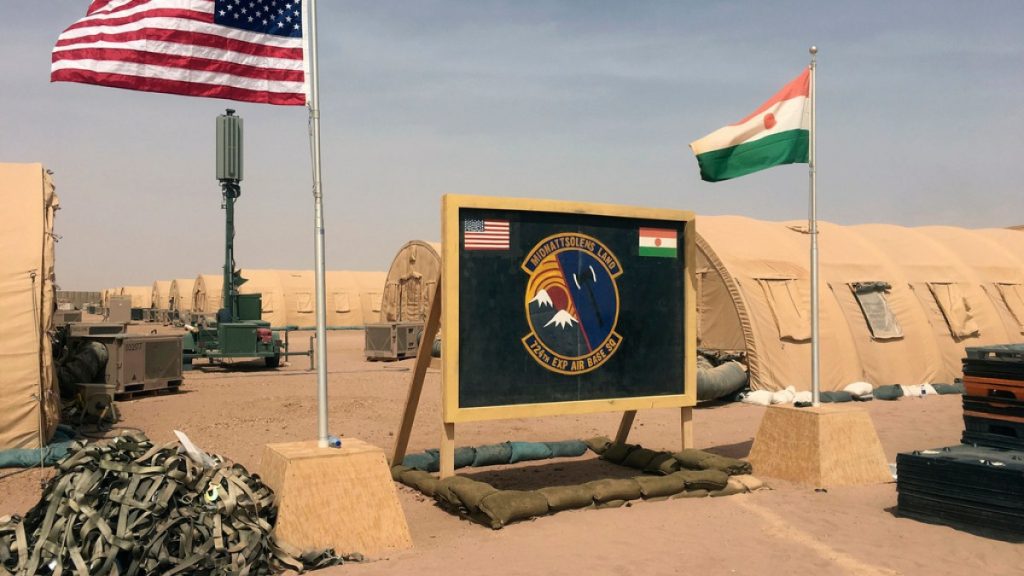A senior US defense official has revealed that Russian military personnel have entered an airbase in Niger that is hosting US troops following the decision by Niger’s military rulers to expel US forces from the country. Prior to this, Niger had been a key partner in the US’s fight against the ISIL group and al-Qaeda affiliates in the Sahel region of Africa. The Russian troops are reportedly not mingling with the US forces at the airbase, as they are using a separate hangar on the site. However, this deployment raises concerns about the close proximity of US and Moscow forces amid tense relations between the two countries.
The move by Russia also raises questions about the fate of US military installations in Niger following the completion of the US withdrawal. The situation is described as “not great” but “manageable” in the short term. This development is part of a broader trend of US and its allies being forced to move troops out of African countries due to coups that have brought military leaders to power who seek to distance themselves from Western governments. The US forces have also recently left Chad, while the French military has been expelled from Mali and Burkina Faso.
Russia, on the other hand, is seeking to strengthen relations with African nations by presenting itself as a friendly country with no colonial baggage on the continent. Mali has become one of Russia’s closest African allies, with the Wagner Group mercenary force being deployed there to fight rebel groups. The exact number of Russian military personnel in Niger is said to be around 60, although the US official could not verify this. After a coup last year, some US forces were moved from Airbase 101 to Airbase 201 in Agadez, but it is unclear what US military equipment remains at Airbase 101.
Airbase 201 in central Niger, which was built by Washington at a cost of over $100 million, has been used since 2018 to target ISIL and al-Qaeda affiliate JNIM with armed drones. The decision by Niger to expel US troops from the country came after a meeting in Niamey where senior US officials expressed concerns about the expected arrival of Russian forces and reports of Iran seeking raw materials, including uranium, in the country. While the US message to Nigerien officials was not an ultimatum, it made clear that US forces could not coexist on a base with Russian forces, leading to a strained relationship between the two parties.
A two-star US general has been sent to Niger to facilitate a professional and responsible withdrawal of US troops. While no decisions have been made regarding the future of US troops in Niger, the plan is for them to return to US Africa Command’s home bases located in Germany. The Nigerien and Russian embassies in Washington did not immediately respond to requests for comment, signaling a lack of transparency or communication regarding the deployment of Russian forces at the airbase hosting US troops. This development underscores the complex geopolitical dynamics at play in the region and the challenges faced by the US in navigating its military presence in Niger and broader African continent.













